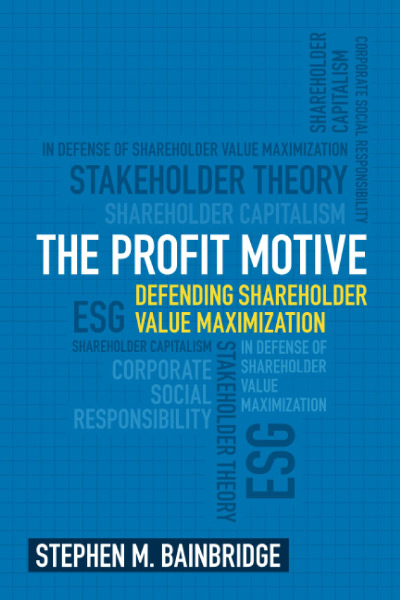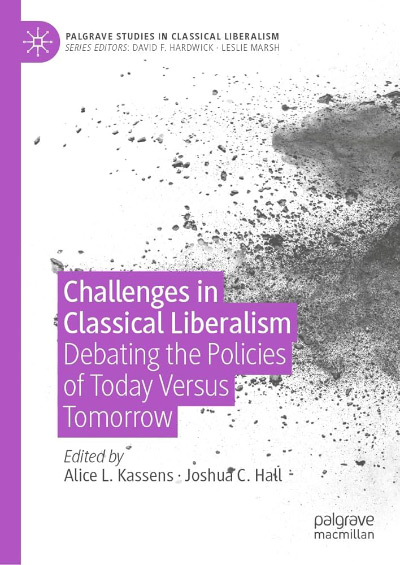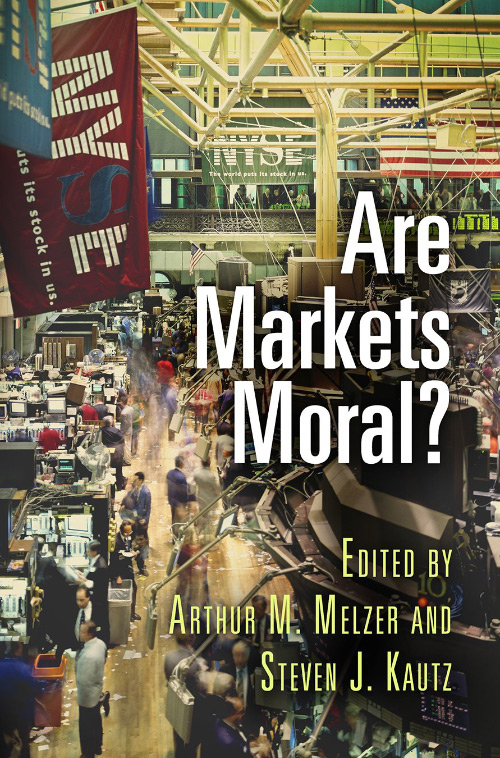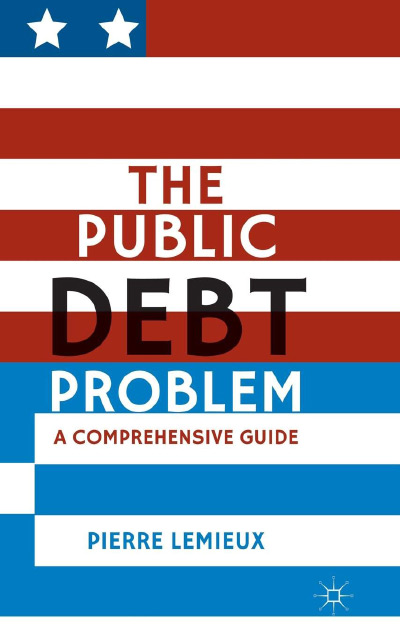In the past two decades, economic sociologists have contributed programmatic essays and numerous empirical studies to an analysis of the social and institutional context of markets. The scope and approach of economic sociology are in some respects similar or parallel to the scope and approach of institutional economics. However, many economic sociologists point out the differences between institutional economics and sociology: economics is based on methodological individualism and the assumption of rational choice (or, at least, boundedly rational behavior), whereas much of sociology is not. Sociologists stress the impact of informal social norms, networks, culture, ideology, and power on economic behavior and economic institutions, whereas institutional economists focus more on the formal institutional arrangements that surround economic exchange. Economists tend to argue that changes of institutional arrangements can be explained by efficiency gains. For example, transaction-cost analysis points out the efficiency consequences of institutional alternatives and argues that economic agents choose among institutional alternatives in order to optimize with respect to transaction costs. Sociologists, in contrast, depict institutional change as in large part independent of efficiency considerations.
In light of more recent ideas in economics and rational-choice theory, the contrast between economic sociology and institutional economics may be overstated. Economists increasingly use game theory to analyze institutional change. Repeated games are especially useful models for describing features of informal social relationships among rational agents. They can be applied, for example, to “relational” contracting. Game theory in general and repeated games in particular do not necessarily imply that efficient outcomes will be realized. Folk theorems of repeated-game theory demonstrate that an extensive set of outcomes, many of them “inefficient” equilibria, is possible in a repeated game. Economic historian Aver Greif (“Cultural Beliefs and the Organization of Society,” Journal of Political Economy 102 [1994]: 912–50) coined the term cultural beliefs to emphasize that equilibrium selection will be deeply dependent on history and therefore path dependent. The analysis of culture and of reciprocal expectations among economic agents thus becomes an important ingredient of rational-choice explanations of institutions. Given some apparent convergence between sociology and economics, one is tempted to pose the questions: Is there a different theoretical foundation for economic sociology? What are the main components of the theoretical core of economic sociology?
Neil Fligstein is one of the most productive empirical researchers in economic sociology. His new book can be interpreted as an attempt to answer the questions just mentioned, among others. He argues that “the sociology of markets lacks a theory of social institutions” (p. 8) and “needs to be clarified theoretically” (p. 9). The book’s aim is to give an outline of new theoretical foundations of a sociology of markets. Fligstein points out that “there are real differences in theoretical assumptions” between institutional economics and his version of a sociology of markets (p. 10). The first major part of the book is devoted to an explication and elaboration of a specifically sociological approach to markets called the “political-cultural approach.” In the second part, Fligstein applies this approach to various empirical cases and data of twenty-first-century capitalist societies.
What are the main features of Fligstein’s political-cultural approach? As the author describes this approach (p. 30), it is based on a concept of “human agency” that differs from rational choice and from dominant sociological conceptions. Rational choice assumes interest-driven actors, whereas Homo sociologicus’s choices are determined by social position. Fligstein’s agents resemble the model of man that is sketched in certain branches of interpretative and cultural sociology. Agents permanently struggle to define common understandings of social situations; they construct courses of action and are resourceful in discovering options that deviate from current routines. This approach implies that it is important to reconstruct carefully the cognitive models that the agents use to define their situation. Another aspect of agency is the actors’ motive to control their social environment (termed field). Actors try to attain power and to stabilize control once they have attained it. Fligstein uses this conception to describe agents who are engaged in market relations. Firms, for example, are interested in the stability of the markets in which they sell their products. Stable markets comprise agents with a status hierarchy among sellers; in large part, the dominant firms control the “field.” Given this stability, firms and other organizations are interested in their own organizational survival, not necessarily in profit maximization. Fligstein thus interprets market institutions such as property rights, governance structures (formal and informal rules), rules of exchange, and market-specific conceptions of control in terms of economic agents who want “to create and maintain stable worlds within and across firms that allow dominant seller firms to survive” (p. 35).
In contrast to much work in institutional economics (but akin to some of Douglass C. North’s work on the role of states), Fligstein’s political approach emphasizes the role of the state and of political institutions that shape the evolution of structured markets (see chapters 2 and 3). The book offers a typology of different forms of market institutions in various societal contexts. Capitalism and its market institutions depend on the specific “cultural solutions” (p. 45) that were chosen (or evolved) in specific historic circumstances because at the beginning of a new market conceptions of control are likely to be determined by the largest firms in the field. Subsequently, these conceptions will be relatively inertial in stable markets, even in the face of an external crisis (p. 81). Readers who are familiar with contemporary economic sociology (and with the closely related approaches in the sociology of organizations) will notice that Fligstein’s empirical propositions about “markets as fields” in some sense integrate the insights of various sociological approaches to organizational change (see also pp. 172–81 on this point)—namely, institutional (DiMaggio, Powell), ecological (Stinchcombe, Hannan, Carroll), resource dependence (Pfeffer), and various embeddedness arguments (Harrison White, Granovetter, Burt, Podolny).
The second part of the book deals with applications of the political-cultural approach to various topics of economic sociology: employment systems, management control in the 1970s, the rise of the shareholder conception in the 1980s, corporate control, and globalization. With regard to control in U.S. firms of the 1970s, Fligstein tries to show with quantitative data that forms of control (family, management, bank, or supplier resource control) do not properly predict the firms’ economic performance, strategies (for example, merger), or recruitment of firms’ presidents (chapter 6). This material seems to be thorny evidence for both economic theories of agency and sociological theories that focus on bilateral power relations of the firm and its dominant partners or on interlocking relationships (resource dependence). Fligstein argues that the political-cultural approach best explains both performance and firm strategies: firms are embedded in organizational fields (structured markets) where the leading agents (dominant firms) define successful behavior. The adoption of strategies can be interpreted then as a social learning process where most other actors (firms) in the field imitate the strategies of role models. According to Fligstein, firms that do not adopt the proper code of behavior do not succeed economically because they lack legitimacy in their field. However, the evidence provided in favor of this alternative hypothesis is mixed at best. The variables used in Fligstein’s regressions to explain performance (growth of the industry, product strategy, and CEO’s background) are crude measures of organizational fields.
Fligstein’s approach is consistent with much work in economic sociology, but it places stronger emphasis on macrophenomena (organizational fields) understood in terms of common cultural “social constructions” and power distributions. The book applies this approach to various important topics and problems and provides some quantitative evidence. The general reader may be interested in Fligstein’s view of globalization, which denies that this concept has substantial explanatory power. One of the book’s objectives obviously is to demonstrate the superiority of the sociological approach in general and of the political-cultural approach in particular to various economic approaches in explaining empirical evidence on the structure and institutions of markets in a comparative perspective that includes historical and cross-cultural data. However, economists and other social scientists who adhere to deductive theory building and to the discovery of theoretical mechanisms will be disappointed by Fligstein’s mainly conceptual and typological approach to theory construction. They will perceive that the book’s theoretical assumptions require considerable elaboration before they can become important competitors to economic and rational-choice assumptions.
Moreover, the relationship between the assumptions of Fligstein’s approach and standard rational-choice theory (or neoclassical economics) is far from clear. For example, Fligstein often approvingly cites “rent-seeking” arguments and other rational-choice concepts. These concepts are derived from Homo economicus assumptions. Under what conditions will agents switch from rational behavior to the behavior of Fligstein’s political-cultural agents? It can be argued that many features claimed as characteristic of the sociological approach can be handled, in principle, by rational-choice theory: rational-choice theory by no means implies that culture, power, and historical processes are unimportant for the determination of equilibria, nor does it claim that the equilibria reached will always be efficient. It is also fairly obvious to a rational-choice theorist that institutional alternatives in situations of institutional choice must be “invented” in the first place or must diffuse in a population of agents who constitute a social network.
Without doubt, Fligstein’s book is an important contribution to economic sociology, but its merits consist more in pointing out challenging empirical problems than in offering a new theoretical approach.


















